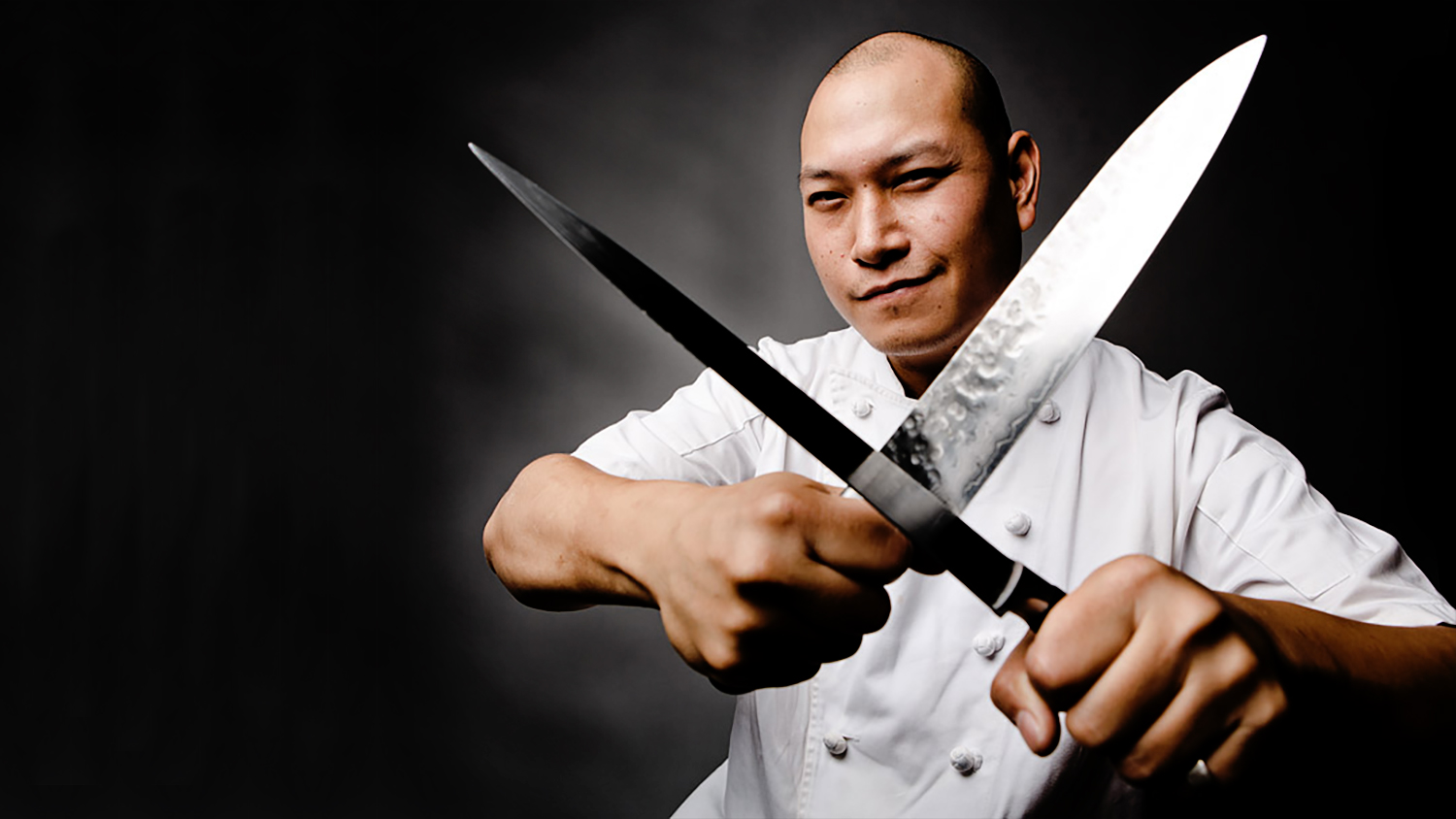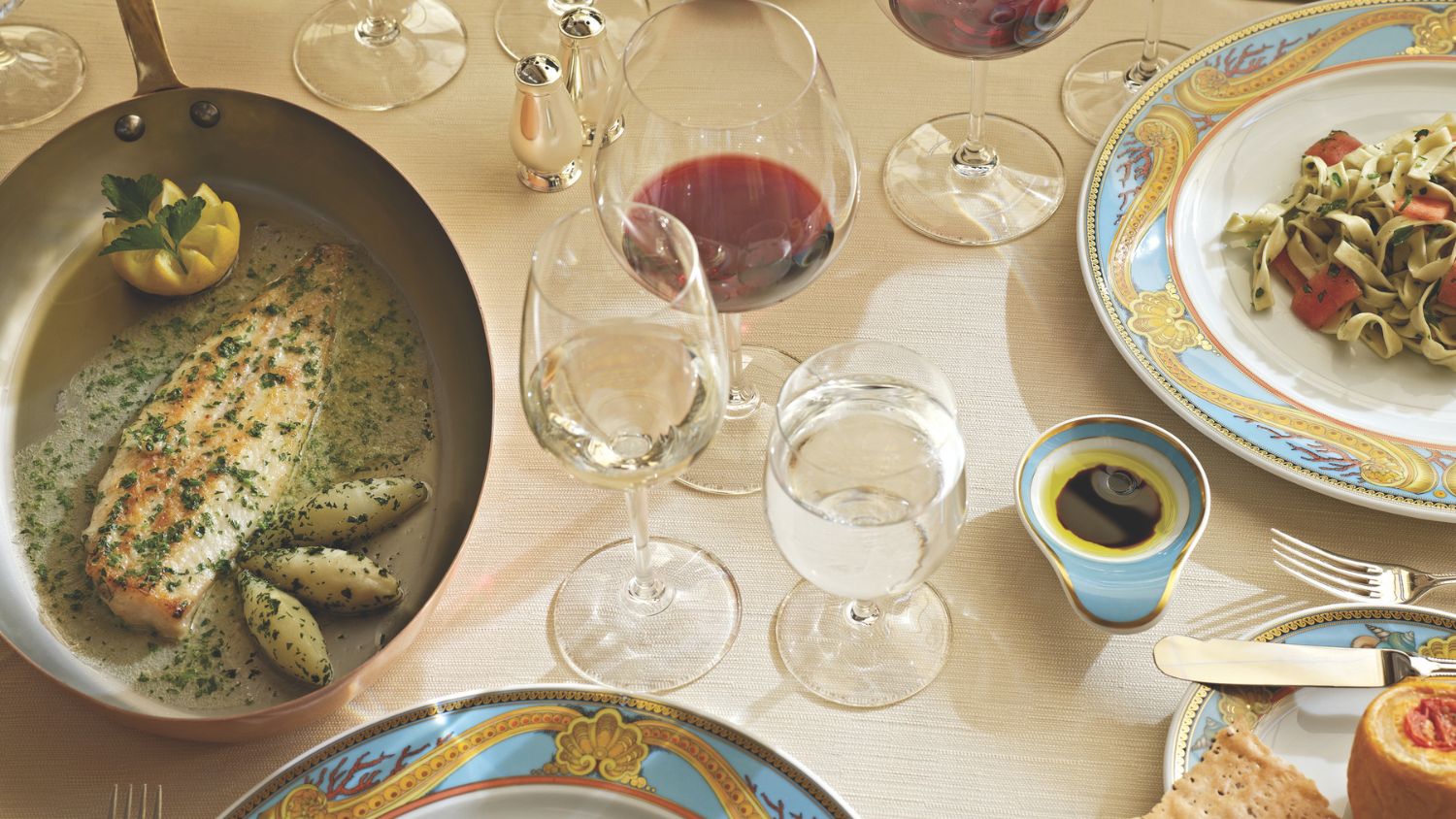Although chef Nick Liu has a Chinese background (via South Africa and India), his first visit to China is in 2019, a trip to Beijing for a project with the University of Toronto. Liu, the man behind Toronto’s much-loved DaiLo and Little DaiLo at Assembly Chef’s Hall, will be there cooking classic recipes, dating back hundreds of years, researching how the original dishes were made and how they were changed over time and when they travelled to other parts of the world. The journey will contribute to our knowledge about culinary history—how it came to be that typical North American Chinese food doesn’t at all resemble the food eaten in China—but also to Liu’s own menu planning. “DaiLo is really all my life experiences, my travels, my family background all put together and some rendition of it makes it onto the menu,” he says. A competitor on last fall’s Iron Chef Canada, Liu always seems to be up for an adventure. During his time at Scaramouche he took a one-year sabbatical to Tuscany, and has travelled and worked through England and regularly heads to Mexico for culinary events
We connected with the busy chef in Toronto. Here, he shares his memorable moments with us via Instagram.








